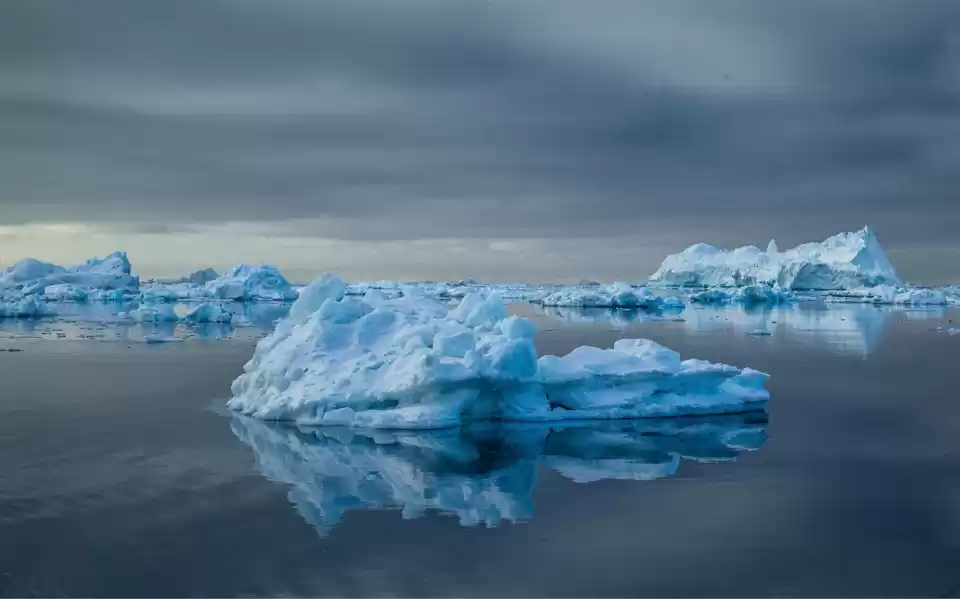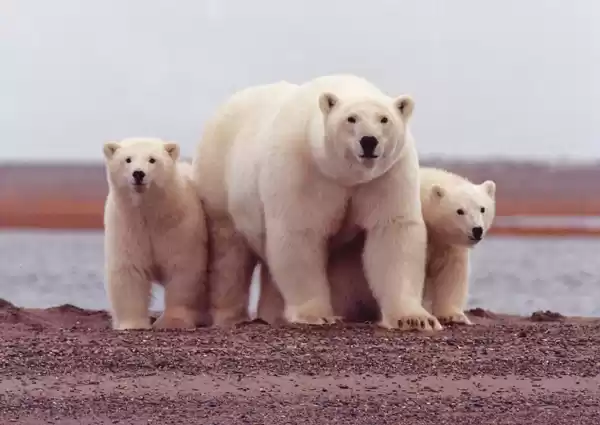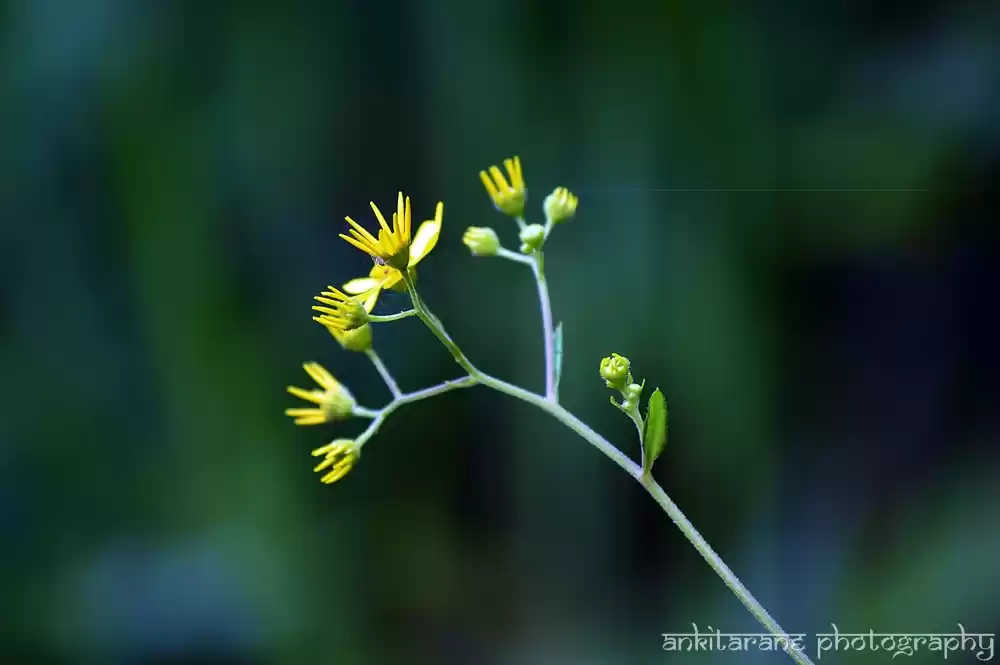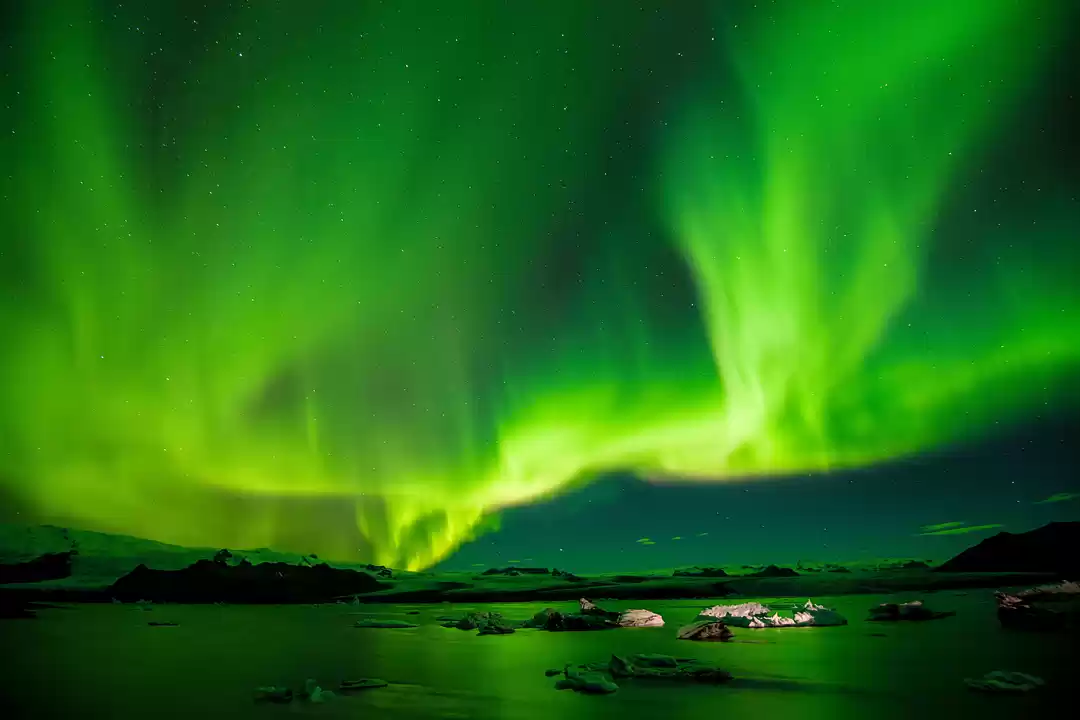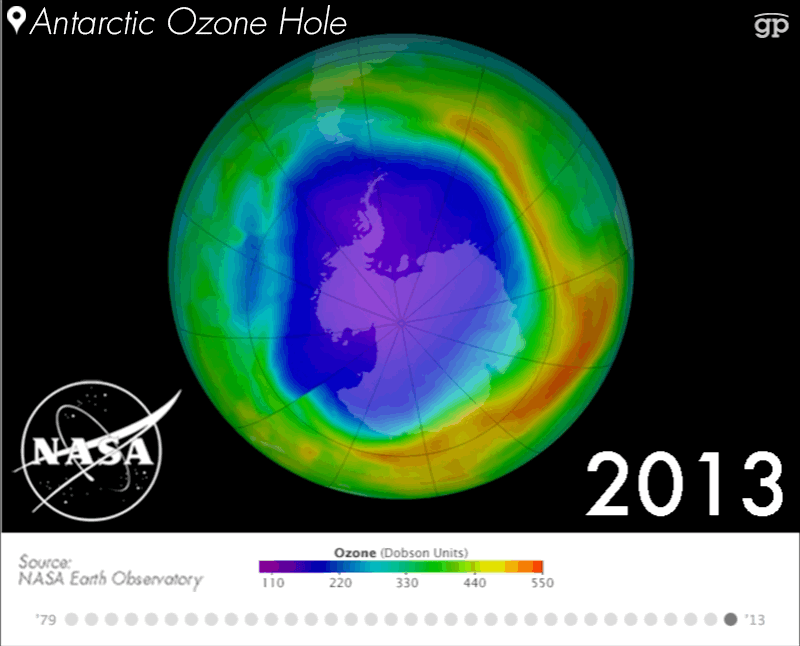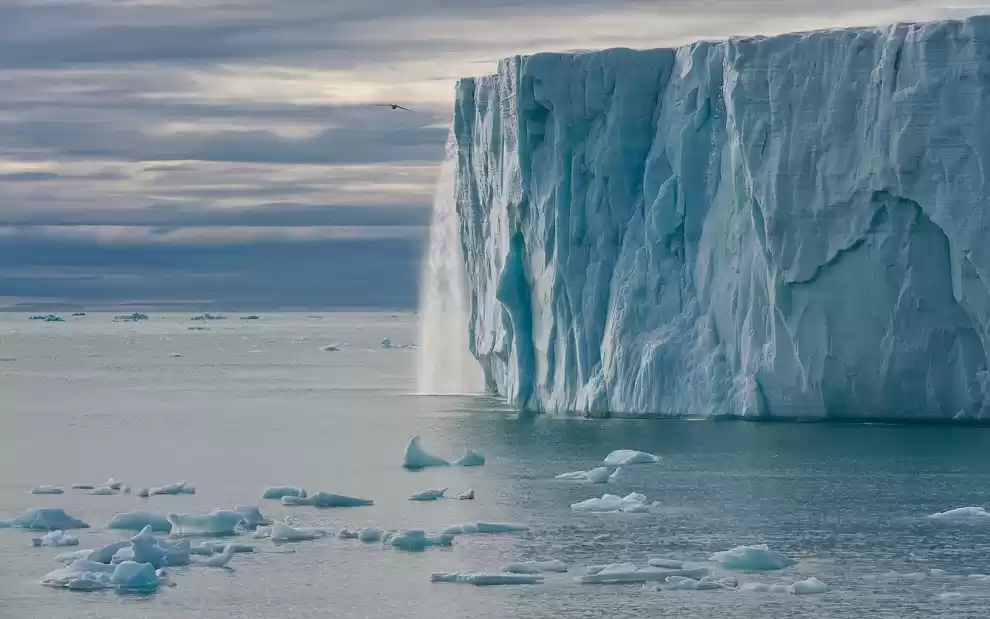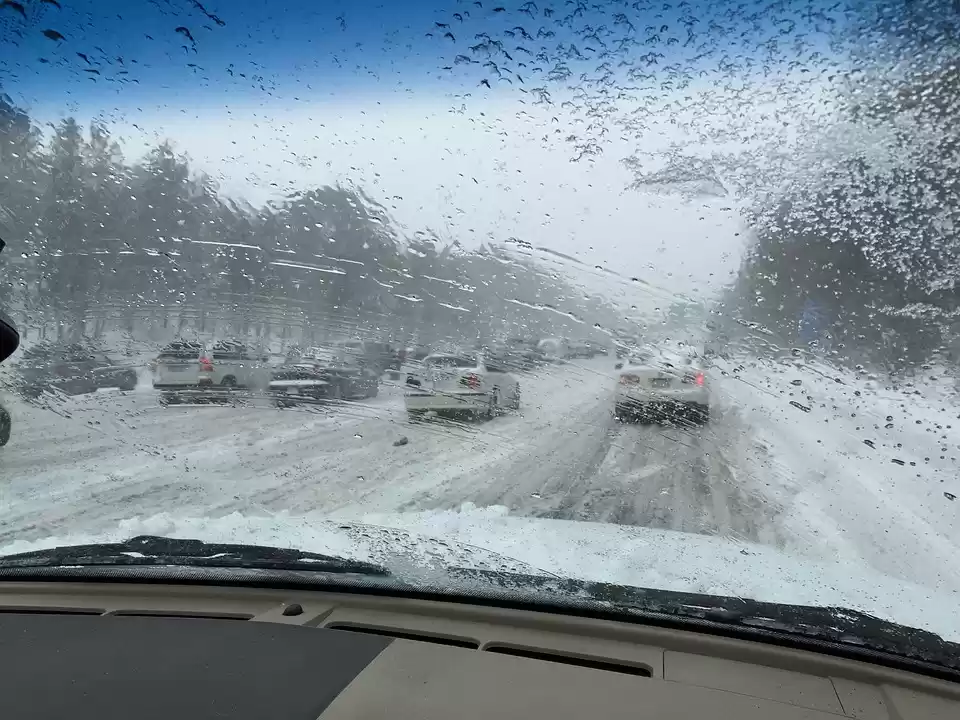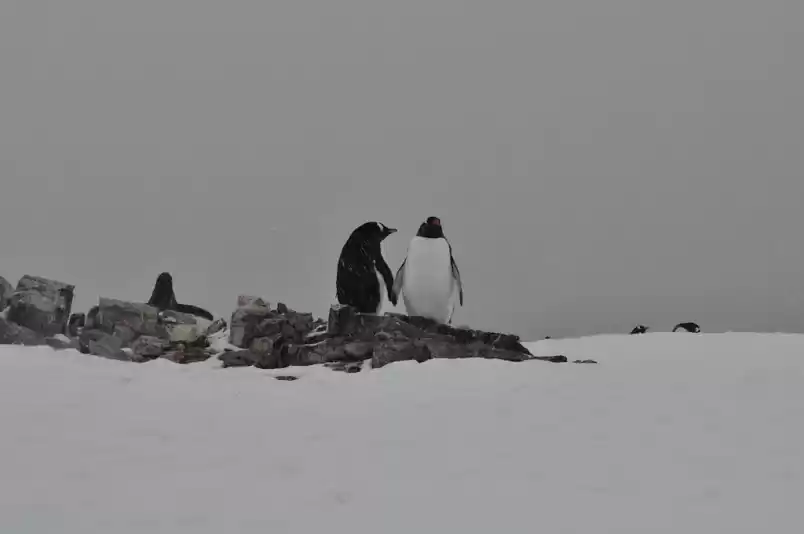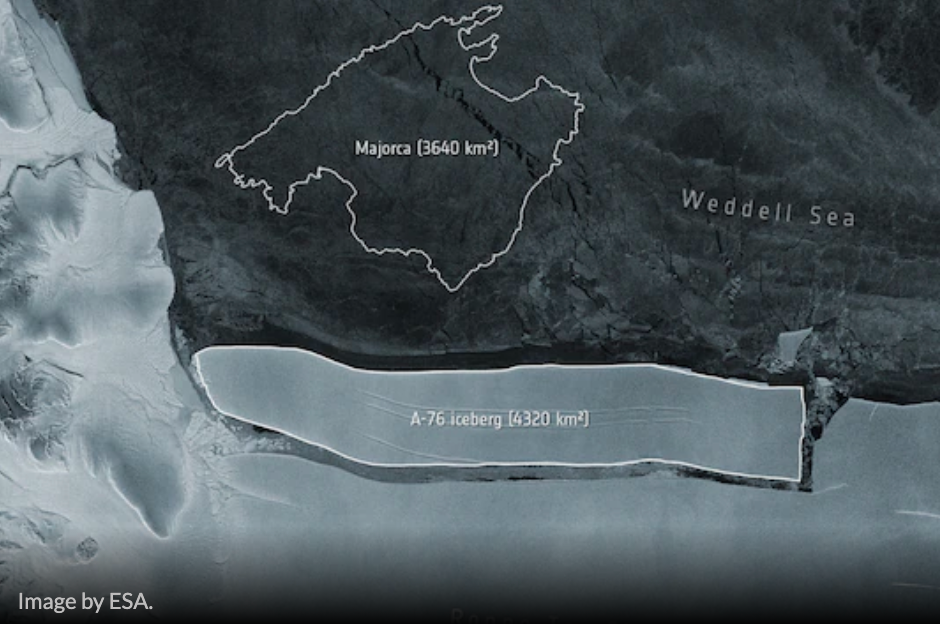
In recent news straight from the Arctic region, the largest ozone layer that was formed over polar region has closed now. Scientists from Copernicus’ Atmospheric Monitoring Service observing this ozone hole have reported the update last week.
The hole in the ozone layer first appeared in the month of March. The interesting thing to note is that the current pandemic has nothing to do with this change but the Polar Vortex, which is an unusual form of wind.

It formed a circular cage of cold air that led to the formation of high-altitude clouds in the region. The clouds mixed with man-made pollutants like chlorine and bromine, depleted the surrounding ozone layer until a massive hole appeared. The hole was reportedly three times the size of Greenland. Scientists had expected it to heal with the rise in temperatures which would lead to breaking down the Arctic polar vortex and allowing ozone-depleted air to mix with ozone-rich air from lower latitudes.
You can watch an amusing short video explaining the effect of Polar Vortex here.
There have been small holes in the ozone layer over Northern Hemisphere but this was the first time ozone depletion at such a massive scale was reported in the Arctic region.
“Although it looks like the polar vortex has not quite come to an end yet and will reform in the next few days, ozone values will not go back to the very low levels seen earlier in April,” the organisation tweeted.

In one of the articles released earlier, the Scientists stated that ozone holes developing over the Antarctic every year during the Austral spring is usual for us whereas the conditions needed for such strong ozone depletion are not normally found in the Arctic region. The annual Antarctic ozone hole has been existing for around four decades now and will remain a harsh reality for the foreseeable future. And for the new ozone holes over Arctic region scientists do not have enough data to predict any trend as of now.
Although this record-breaking recovery of ozone depletion has nothing to do with Pandemic lockdown this news has certainly brought some hope to our news feed.




